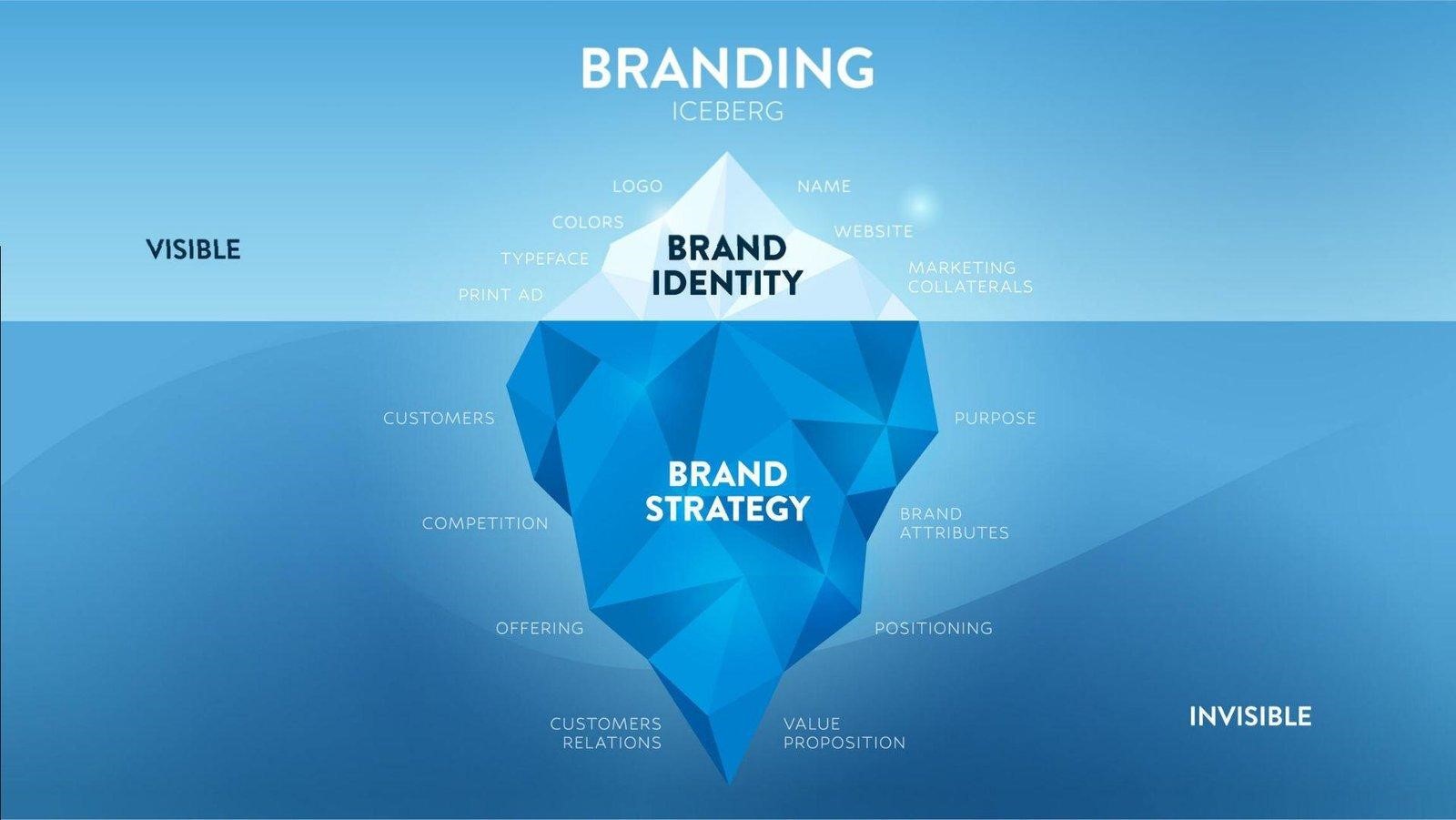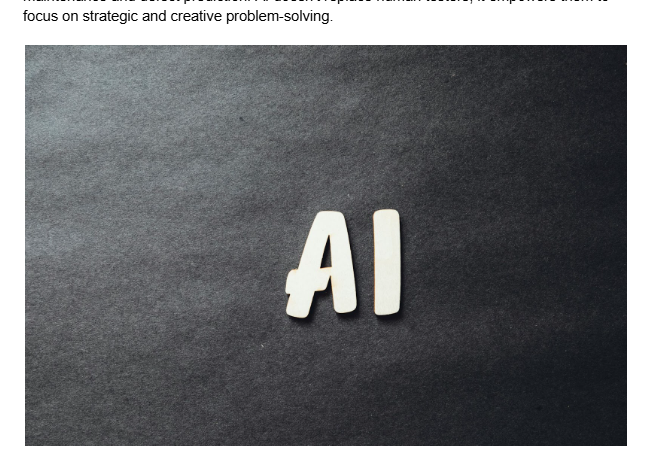
In today's globalized marketplace, where consumers are bombarded with messages from countless brands, standing out requires a deep understanding of culture. This is where sociocultural anthropology, the study of human societies and cultures, steps in and offers a powerful lens for modern branding. By delving into the beliefs, values, and behaviors of different cultures, anthropology equips brands with the insights needed to build effective, culturally-relevant strategies that resonate with their target audiences.
Understanding Sociocultural Anthropology
Anthropology goes beyond mere observation of customs and traditions. It's a scientific discipline that employs ethnography – the immersive study of cultures through firsthand observation and interaction. Anthropologists become part of the communities they study, observing rituals, participating in daily life, and understanding the underlying cultural values that shape behavior. These insights are crucial for brand strategists who want to move beyond surface-level understanding and tap into the deeper cultural currents that influence consumer decisions.
The Power of Anthropology in Branding
So, how exactly can this seemingly academic field contribute to the fast-paced world of branding? Here are some key ways:
- Gaining Consumer Insights: Anthropological research can reveal invaluable insights into consumer behavior that traditional market research methods might miss. By observing how people interact with products and services within their cultural context, brands can uncover hidden desires, motivations, and even taboos that can inform product development and marketing strategies. For instance, a study by anthropologists working with a beverage company revealed that sharing drinks played a significant role in social gatherings within a specific culture. This insight led the company to develop a larger format beverage specifically designed for group consumption.
- Identifying Cultural Trends: The world is a tapestry of diverse cultures, and what resonates in one market might fall flat in another. Anthropologists have a keen eye for identifying emerging cultural trends and preferences within specific regions. This foresight allows brands to tailor their offerings and messaging to resonate with local audiences. For example, a clothing brand might leverage anthropological insights to understand the growing emphasis on sustainable fashion within a particular culture, allowing them to develop eco-friendly clothing lines that cater to that specific market.
- Building Brand Authenticity: Consumers today crave authenticity. Anthropology helps brands avoid cultural insensitivity and build genuine connections with their target audiences. By understanding cultural nuances and respecting local customs, brands can demonstrate a commitment to cultural diversity and establish themselves as trustworthy partners. Imagine a beauty brand that conducts research to understand the specific hair care rituals and preferences within a particular ethnic group. This knowledge allows them to develop targeted product lines that cater to those specific needs, fostering a sense of authenticity and trust with that audience.
- Developing Culturally-Relevant Marketing Campaigns: Marketing messages that resonate in one culture can be tone-deaf or even offensive in another. Anthropological insights inform the development of culturally-relevant marketing campaigns that speak directly to the hearts and minds of target audiences. This can involve everything from adapting visuals and language to tailoring humor and storytelling techniques to resonate with specific cultural contexts. For instance, a global food brand might leverage anthropological research to understand the role of food in celebrations within a particular culture. This understanding allows them to develop marketing campaigns that connect food with cultural traditions and family gatherings, creating a deeper emotional connection with consumers.
Challenges and Considerations
While the benefits of using anthropology in branding are clear, there are challenges to consider. Ethnographic research can be time-consuming and require specialized expertise. Additionally, ethical considerations are paramount. Respecting cultural sensitivities and ensuring informed consent are essential throughout the research process.
The Future of Anthropology in Branding
As the world becomes increasingly interconnected, the role of anthropology in branding is poised to grow. By leveraging anthropological insights, brands can build deeper connections with consumers across cultures, fostering brand loyalty and driving sustainable growth in the global marketplace.
Looking ahead, we might see even more innovative applications of anthropology in branding. With the rise of technology, anthropologists might utilize social media analysis and online ethnography techniques to gain real-time insights into cultural trends and consumer behavior. This deeper understanding will undoubtedly lead to the creation of even more effective and culturally-sensitive brand experiences in the years to come.
How Can a Brand Marketing Agency in Orlando Help?
Understanding the intricacies of different cultures can be a complex task. This is where a reputable Orlando brand marketing agency like WGNR - https://wgnr.co can be your strategic partner. They have a team of experienced marketing professionals with a deep understanding of consumer behavior and cultural nuances. As a leading Orlando marketing agency and Orlando advertising agency, WGNR specializes in integrating deep cultural insights into creative marketing solutions. Their expertise in understanding and applying sociocultural dynamics ensures that your branding resonates authentically with diverse audiences. Reach out to WGNR to see how their anthropological approach can transform your brand strategy for greater impact.



